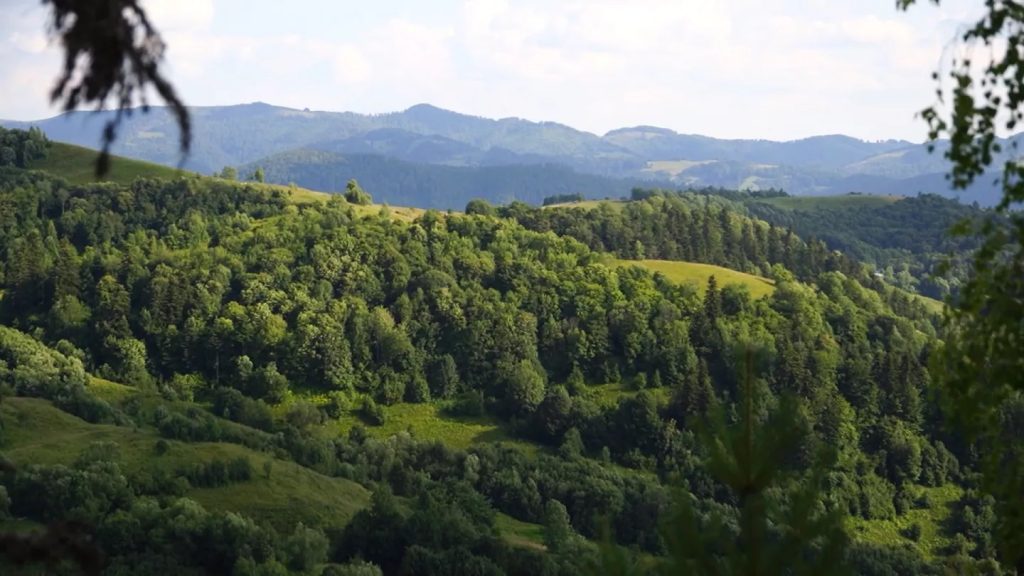Back in march, there was plans for the EU to put into laws, that would require 20% of land and sea areas in the EU to be restored by 2030. This was postponed indefinitely, after it became clear that it would not pass.

In the main, two groups withdrew their support. The first group (often touted as pro-wildlife) was farmers, and the second was the country of Hungary.
Firstly: Farmers are often talked about as being pro-wildlife but this is often not the case. Laws on usstainable farm practices (such as crop rotation and reduced use of pesticides have been weakened or abandoned as a result of opposition – despite the vast majority of consumers being for these laws).
Secondly: Hungary – why is Hungary so against recovery of wildlife? This is an important question, though it should be noted, that Hungary is one of around 5 countries in central Europe, that is almost a complete block for wildlife to migrate from Eastern Europe into the little (wildlife) populated areas of western Europe. This can be a problem, as the few populations that hold on, in western Europe, are often small meaning that in order for the wolves/bears/lynx or other species to survive and thrive long-term, they need new members of their species to arrive, in order to widen the genetic base.
If such a small group of people can block this sort of project, it is a problem, as we do not vote to destroy areas.











